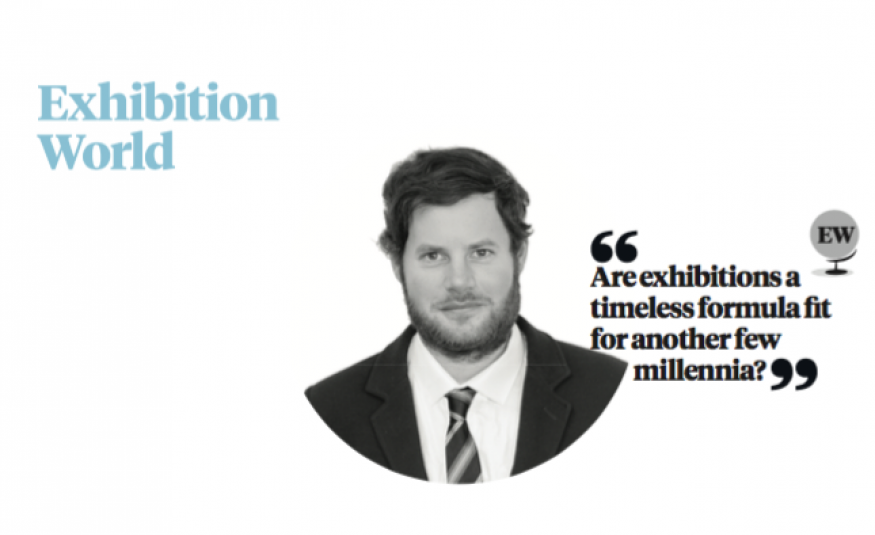When Henry Ford pioneered mass automobile production, on one level he created a more efficient means of factory production, but on a societal scale the results were incalculable.
Billions of people would be free to explore the world, but simultaneously the earth would be intoxicated on an industrial scale for the foreseeable future.
Lesser-known innovations are changing the world profoundly every day. Supermarket Sainsbury’s decision to cut the size of its toilet roll tubing by 11mm saved a colossal 140 tonnes of CO2 annually and roughly 500 fewer lorry trips a year.
For exhibitions, venues and logistics providers (p10) seem perfectly placed to spearhead dramatic efficiency changes, while app providers are changing the way we think about events (see Feathr’s interview on p20).
Of course, factors outside our control can slam the brakes on innovation, whether it be Apple’s App Store changes (discussed p18) or governmental decisions to block ambitious builds in cities including Boston.
Overwhelmingly though, it’s clear that as an industry, we’re rethinking a format that has served us for longer than we realise. Indeed, a very welcome reader response from Infosalons to my query in the last issue asking ‘when was the first exhibition?’ revealed that an international business gathering was setup by the first female Pharoah, Hatshepsut 3,500 years ago.
In many ways, the modern exhibition is based on the same principles today, but more than ever we’re seeing industry figures discussing the need for radical ways forward.
So, could our ‘Henry Ford’ moment be on the horizon, or are exhibitions a timeless formula fit for another few millennia?
EW






